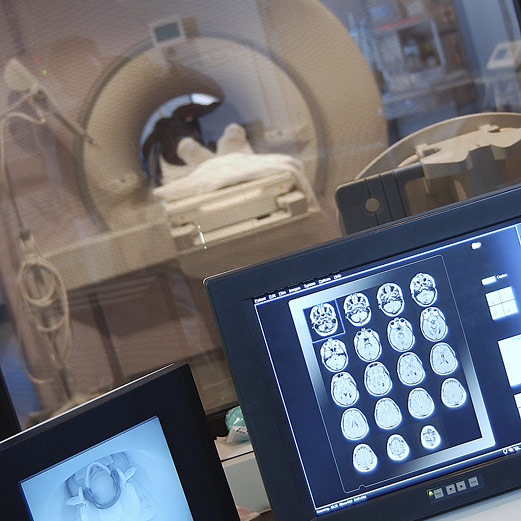
Here are some of the latest health and medical news developments, compiled by the editors of HealthDay:
New Health Law Rule Faces Bipartisan Opposition
Democratic and Republican members of Congress are banding together to fight a provision of the Affordable Care Act that could boost insurance premiums for employees of many small and midsize businesses next year.
The provision would expand the definition of a “small employer” to include companies with 51 to 100 workers, which means they would become subject to strict insurance regulation as of Jan. 1, The New York Times reported.
Historically, states have defined small employers as those with 50 or fewer workers.
Companies with 51 to 100 workers that are reclassified as small employers would have to offer a package of “essential health benefits” specified by the Affordable Care Act. In some cases, those packages would be more generous than what those companies currently offer their employees, The Times reported.
Also, insurers would no longer be permitted to set premiums for workers at these businesses based on their claims history, industry or size.
The new rules “may result in significant premium-rate changes for some groups,” particularly those with relatively healthy or younger workers, according to the American Academy of Actuaries, a nonpartisan professional organization, The Times reported.
The Affordable Care Act provision is opposed by members of Congress from both parties, as well as some employers, insurers and state insurance commissioners.
Legislation to allow states to keep the current definition of “small employer” has the support of 229 House members, including 43 Democrats, and of 43 senators, including 10 Democrats, The Times reported.
The legislation is also backed by a number of major business and industry groups, such as the U.S. Chamber of Commerce, the National Federation of Independent Business, America’s Health Insurance Plans, and the Blue Cross and Blue Shield Association.
Health and Human Services Secretary Sylvia Mathews Burwell said she is studying the matter and wants “a smooth transition to the new requirements,” but the Obama administration has not offered or endorsed any proposals, The Times reported.
—–
96 Percent of NFL Players Who Donated Brains Had Head Trauma Disease: Report
The latest data from a brain bank that focuses on traumatic head injury shows that 87 of 91 deceased former National Football League players tested positive for a brain disease associated with repetitive head injuries.
The degenerative disease, known as chronic traumatic encephalopathy (CTE), was identified in 96 percent of NFL players and in 79 percent of all football players studied, researchers from the U.S. Department of Veterans Affairs and Boston University told Frontline in an exclusive report Friday.
CTE can cause memory loss, depression and dementia. In total, brain tissue from 165 people who played football in high school, college, semi-pro leagues or in the NFL was examined after their deaths, according to Frontline.
Offensive and defensive linemen bore the brunt of the disease, with 40 percent of players at those positions suffering from CTE, according to the brain bank.
Past research has shown that constant minor head traumas may pose the greatest neurological danger, rather than the less common violent collisions that cause concussions, Frontline reported.
But since CTE can only be diagnosed posthumously, many of the players who had donated their brains for testing suspected that they had the disease while still alive, so researchers were working with a skewed sample, Frontline reported.
The NFL said in a statement to Frontline, “We are dedicated to making football safer and continue to take steps to protect players, including rule changes, advanced sideline technology and expanded medical resources. We continue to make significant investments in independent research through our gifts to Boston University, the [National Institutes of Health] and other efforts to accelerate the science and understanding of these issues.”
In April, the NFL agreed to a $1 billion concussion settlement with former players. But, appeals filed in August by some former players who oppose the terms of the settlement will likely delay payments to thousands of other retired players until next year.
Copyright © 2026 HealthDay. All rights reserved.

